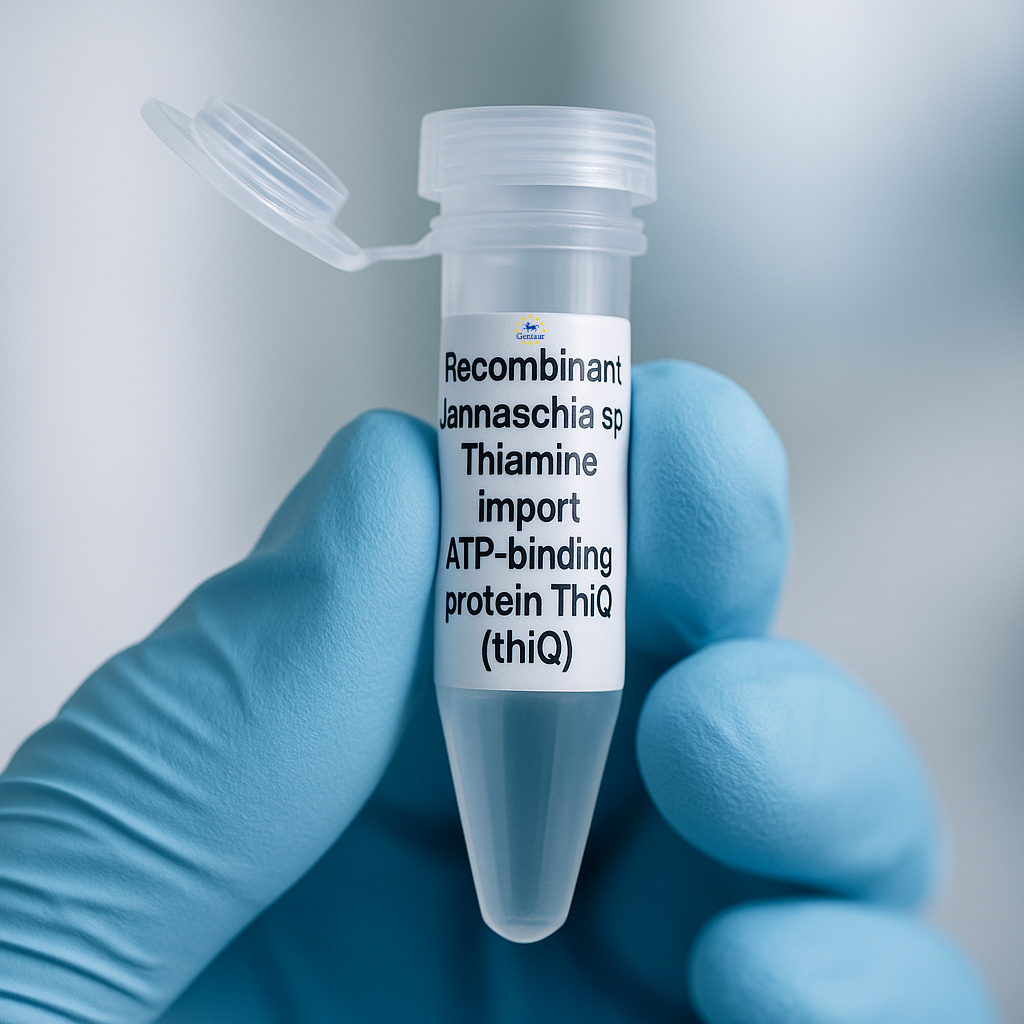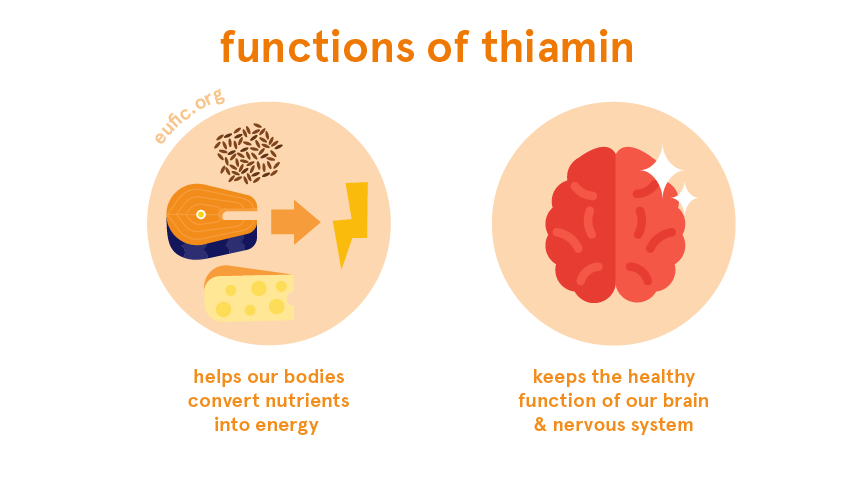1. Energy Metabolism Studies
The Recombinant ThiQ protein is instrumental in studying microbial energy metabolism. By examining how ThiQ protein facilitates thiamine import, researchers can uncover mechanisms that could help in designing therapies for mitochondrial diseases, metabolic disorders, and diabetes.
Key applications include:
- Gene expression analysis related to ATP-dependent processes.
- Modeling thiamine deficiencies and their impact on energy production in microbes.
2. Protein Engineering and Biotechnology Research
As a recombinant protein, ThiQ offers vast potential for use in biotechnology applications. It can be used in the engineering of microbial strains that require enhanced thiamine uptake for the production of biochemicals and biofuels.
Why is Recombinant ThiQ Important ?
- Provides a better understanding of transport mechanisms in microbial systems.
- A key tool in synthetic biology for engineering efficient thiamine uptake pathways.
3. Understanding Transport Mechanisms
ThiQ protein is a critical part of the ABC transporter family, making it a model for transport-related studies in microbial systems. Studying the structural dynamics of ThiQ protein helps in understanding other transporter systems, including those in eukaryotic cells.



